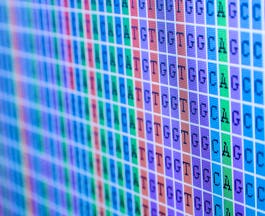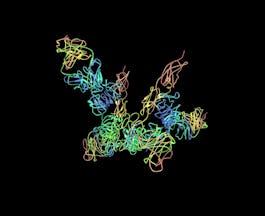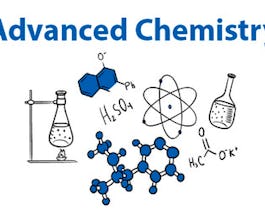Filter by
The language used throughout the course, in both instruction and assessments.
144 results for "biochemistry"

University of Toronto
Skills you'll gain: Bioinformatics
 Status: Free
Status: FreeStanford University
 Status: Free
Status: FreeUniversity of California San Diego
Skills you'll gain: Bioinformatics, Computational Thinking, Problem Solving, Biostatistics, Computational Logic, Critical Thinking

University of California San Diego

Johns Hopkins University
Skills you'll gain: Biostatistics, General Statistics, Probability & Statistics, Statistical Analysis, Statistical Tests, Data Analysis, Regression, Basic Descriptive Statistics, Critical Thinking, Estimation, Epidemiology, Probability Distribution, Problem Solving
 Status: Free
Status: FreeUniversity of Kentucky
Skills you'll gain: Problem Solving
 Status: Free
Status: FreeDuke University
Skills you'll gain: Health

University of Colorado Boulder
 Status: Free
Status: FreePeking University

Icahn School of Medicine at Mount Sinai
Skills you'll gain: Bioinformatics

Johns Hopkins University

University of Colorado Boulder
Skills you'll gain: Health
Searches related to biochemistry
In summary, here are 10 of our most popular biochemistry courses
- Bioinformatic Methods I: University of Toronto
- Stanford Introduction to Food and Health: Stanford University
- Biology Meets Programming: Bioinformatics for Beginners: University of California San Diego
- Drug Development: University of California San Diego
- Biostatistics in Public Health: Johns Hopkins University
- Advanced Chemistry: University of Kentucky
- Medical Neuroscience: Duke University
- Biology Everywhere Foundations: University of Colorado Boulder
- Advanced Neurobiology I: Peking University
- Introduction to Systems Biology: Icahn School of Medicine at Mount Sinai










